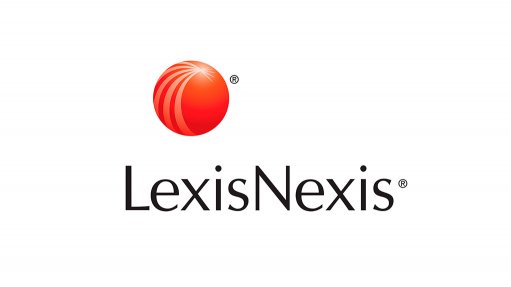
In March 2016 the Institute of Directors South Africa published a Draft King IV Report on Corporate Governance (the Report) for public comment. Included in the Report is a revised Code on Corporate Governance, that is, the King IV Code.
The Report is eighty two pages long and contains eight parts, which comprises of:
- Part 1: Introduction and foundational concepts
- Part 2: Content elements and development
- Part 3: Application of King IV
- Part 4: King IV on a page
- Part 5: King code on corporate governance
- Part 6: Sector supplements
- Part 7: Application register
- Part 8: Glossary of terms
Adoption of King IV
Part 3 of the Report deals with the application of King IV. The position is the same as with King III, in that it will be compulsory for companies which have their shares listed on the Johannesburg Stock Exchange and voluntary for all other organisations.
In order to encourage other organisations to adopt the King IV Code, the degree to which it will apply to an organisation will be based on a proportionality test, which did not feature in King III. This test states that the recommended practices should be applied proportionally in relation to an organisation’s turnover size; resources and the complexity of an organisation’s operations.
The Sector Supplements referred to in Part 6 of the Report have not been published as yet, but are intended to provide guidance on how the King IV Code will be applied to various organisations, including non-profit organisations, municipalities and pension funds. The draft Sector Supplements are expected to be released in mid-April 2016.
It remains to be seen whether sufficient appreciation has been given to the complexities the proportionality test will entail, particularly when the test will be applied by different people to, assuming the ambitious objectives are met, every single organisation in South Africa.
Practical implications of the revised Code
Fewer principles
The King IV Code condenses the 75 principles contained in King III into 16 principles. The principles can be found in Part 5 of the Report and are divided into five chapters comprising of the following items:
Leadership, ethics and corporate citizenship
- Ethical leadership
- Organisation values, ethics and culture
- Responsible corporate citizenship
Performance and reporting
- Strategy, implementation, performance
- Reports and disclosure
Governing structures and delegation
- Role of the governing body
- Composition of the governing body
- Committees of the governing body
- Delegation to management
- Performance evaluations
Governance functional areas
- Risk and opportunity governance
- Technology and information governance
- Compliance governance
- Remuneration governance
- Assurance
Stakeholder relationships
- Stakeholders
- Responsibilities of shareholders
Proportionality test
The degree to which an organisation is expected to implement the Code will be based on a proportionality test.
Sector supplements
Sector supplements will provide guidance for specific organisations including non-profit entities and municipalities. This is expected to be published in mid-April 2016.
Apply and explain approach
King III adopted an approach which required a statement on how principles had been applied or not applied.
King IV takes the view that all principles are adopted by everyone and only the degree to which recommended practices are applied will vary between organisations.
Disclosure
The governing body of each organisation may elect how King IV disclosures will be made either in the application register and/or an integrated annual report and/or a sustainability or corporate citizen report.
The application register is a template contained in Part 7 of the Report which organisations are expected to use as guidance for disclosure.
The King IV Code recommends that the application register be published on every organisation’s website. There will be further practical implications of the King IV Code in addition to those identified above. Areas which will be covered in the Report and which will require attention include the composition of governing bodies; social and ethics committees and the scope of their obligations; audit committee appointments; and remuneration disclosure processes. Focus is given in the Report to the requirement for organisations to be transparent. It will accordingly be important for organisations to familiarise themselves with the King IV Code and what they are expected to make accessible to the public.
The public can view a copy of the Report and log their comments on the IODSA’s website as well as comments received to date at http://www.iodsa.co.za/page/KingIVcommentary.
LexisNexis South Africa in partnership with Cox Yeats Attorneys and ENS Africa have produced the online solution, Practical Guidance Corporate Governance, in order to assist companies to remain abreast of the latest corporate governance requirements. This web based solution provides practical, up-to-date guidance for all corporate governance needs and offers useful templates, guidance notes, checklists and other practical aids and resources to assist in making informed and accurate decisions.
Written by Simon Watson, Partner at Cox Yeats (LLB, LLM (UKZN)